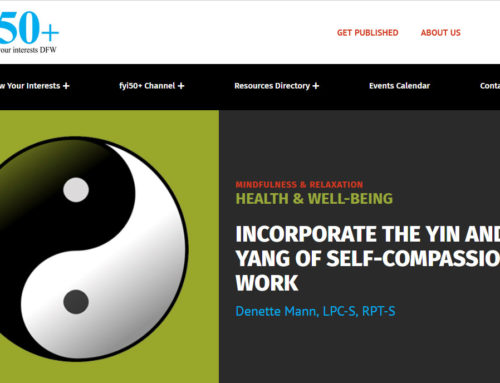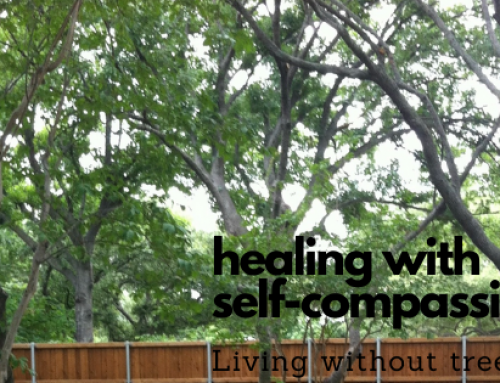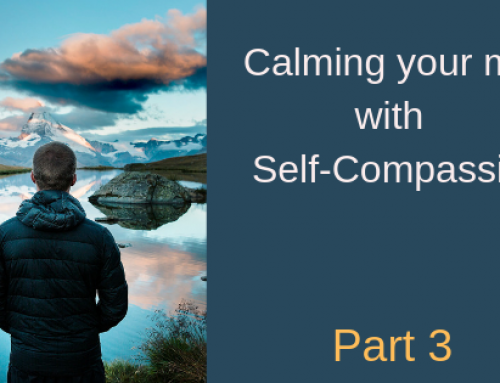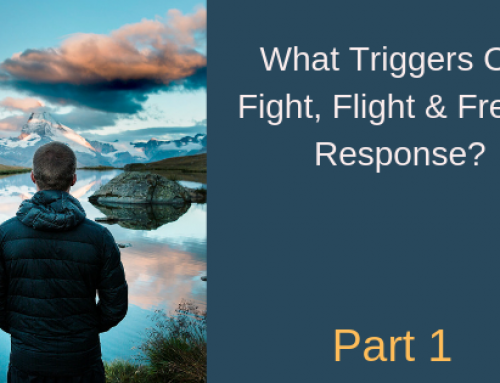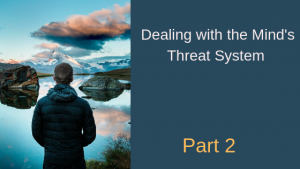
In the previous blog post, I focused on the stimulation of our amygdala’s threat system, the stress that accumulates when there is no fight, flight or freeze (FFF) needed because the amygdala is so easily tricked in our 21st century life. This stress is physically embodied and without release takes up residence fatiguing our system and lowering our tolerance for ongoing stress. If the FFF response were really needed, we could release the energy that surges into our system by fighting something physically or running for our life. This would help our body release the chemicals that rushed to our assistance.
In today’s culture, fighting is seldom the answer to our situation. Running might save us if we were running from an assailant, a volcano eruption, flood, etc. More frequently, the flight response is activated from something in everyday life that occurs and embarrasses us. Similarly, the freeze response could be life-saving if we’re in a terrorist situation and being still stops our being discovered. It is much more likely, however, that we freeze because our minds are so busy looking at choices that no ‘right’ answer appears. Our brain goes over and over the information looking for a solution (see the chart in Part 1).
Even if our bodies carried out these impulses it wouldn’t be enough. Why? Because we have this amazing new brain that remembers, plans and worries. That brain would:
- Bring in self-criticism if our fight response was activated due to, for instance, someone taking advantage of us that we didn’t foresee
- Bring on shame in an instance such as misreading the social cues of a situation
- Continue to stress and worry our bodies because it can’t let go of the problem.
Those who are aware of mindful self-compassion (MSC) and regularly practice it, know that MSC is the antidote to the physical, emotional, and mental stress caused by our amygdala’s primary, always alert to danger, activities. When flight, fight or freeze (FFF) impulses arise, we override the ‘dilemma ‘ and give ourselves the comfort and compassion that we need at that moment. We know that we are not singled out or alone in this experience.
As a refresher, let’s go over how automatic fight response might occur in these examples:
- We’re pushed by someone walking by
- A driver passes and gives us an angry look and honks loudly
- Someone gets in line in front of us
Initially, we may be angry at the person. If we’re not practicing Mindful Self-Compassion (MSC) , the following examples of self-criticism may immediately arise.
- Why did I let him to do that to me?
- What was I thinking pushing him back?
- I’m invisible – what’s wrong with me that it’s okay to treat me this way?
- I’m such a wimp!
Our automatic flight response might occur in these examples:
- We run into someone we look up to dressed in our pajamas because we were just going in for some milk
- We are funning a meeting and can see that the group is not engaged, interested, or agreeing to any of it
- We are at a nice restaurant with friends, dressed up, and spill our drink, catsup, sauce, etc. on our clothes
If we’re not practicing Mindful Self-Compassion (MSC) , the following flight response appears and looks like:
- Can I just disappear?
- How quickly can I get out of here?
- I’m so embarrassed I’ll never show my face again!
Finally, our freeze response can be activated in situation such as:
- Someone speaks to us angrily about something we did or said
- Our boss is giving us our performance review and it’s not what we expected; it worse
- We are having a conversation and the person says “I can’t believe you just said that! You can’t really believe that.
In these moments we may actually stop breathing from the fear.
These three previous flight, fight and freeze (FFF) examples illustrate the importance of equipping yourself with knowledge about how to practice Mindful Self-Compassion. MSC in your toolbox is essential in meeting life’s daily challenges.
In the next blog (Part 3) I will illustrate how MSC is helpful and give tips for using some simple techniques to bring MSC into daily life moments.

